In the rapidly evolving world of artificial intelligence (AI), the journey towards creating an AI that mirrors human consciousness raises profound questions about truth and ethics. John Kamara, delving into this topic, underscores the imperative to define truth within AI development, especially as we stand on the cusp of creating a new form of intelligence that could surpass human thinking.
The discourse around truth in AI is crucial, considering the divergent approaches of leading AI organizations. These entities are shaping the future of AI, utilizing vast internet data and human intelligence, yet their methodologies and standards for truth vary significantly.Society’s reliance on laws and regulations to uphold truth and accountability highlights the complexities AI introduces. The challenge lies in ensuring AI systems can embody truth, a task made difficult without transparency and a clear understanding of AI’s impact on societal norms, including the erosion of trust in digital content due to AI’s ability to create hyper-realistic fabrications.The conversation extends to the potential of AI in transforming various sectors, from healthcare to cybersecurity, demanding a nuanced approach to governance and ethical considerations. The monopoly of AI technology further complicates this, as it often overlooks the nuances of culture, race, and individual experiences, basing truth on the creators’ perspectives.Kamara advocates for the Global South, particularly Africa, to actively participate in shaping AI’s future. This involves developing local AI ecosystems that prioritize truth and ethics, leveraging cryptography for information verification, and addressing the risks associated with negligent falsehoods. Moreover, the call to action emphasizes the need for Africa to invest in its infrastructure and policies, ensuring that AI development aligns with the continent’s values and needs.As AI’s capabilities continue to advance at an unprecedented pace, the importance of understanding and integrating ethical considerations into AI development cannot be overstated. Africa’s response to this digital revolution involves not only technological advancements but also a commitment to ethical education and policy-making that embraces transparency and truth.For a deeper exploration of the ethical dimensions of AI and its impact on Africa, refer to John Kamara’s insights on Medium through this link.

